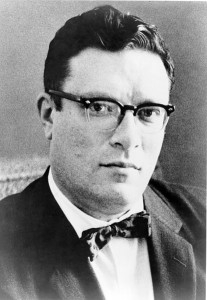Gene Simmons, Family Jew
Gene Simmons (b. 1949) Born Chaim Witz in Haifa, Israel to Hungarian Holocaust survivors, he emigrated with his mother to New York when he was 8 years old. Witz attended Yeshiva Torah V’Daat in Brooklyn. Later, he took up his mother’s maiden name and was known as Eugene Klein. After having played in several bands, he formed a new one called Kiss, a Hungarian translation of his last name, which means “small”. Due to their love of Purim, the band has become famous for their flamboyant costumes and make-up. Simmons has since starred in multiple films and TV shows, has published 5 books and several science fiction magazines (he is a fan of the genre). On a recent visit to Israel, he said “I’m Israeli. I’m a stranger in America. I’m an outsider”.
Words of the Week
One whom people are pleased with, G-d is pleased with him; but one whom people are not pleased with, G-d is not pleased with him
– Pirkei Avot 3:10



